While the LGBTQ+ community still has a long way to go -- especially for our trans, Black, Brown, and lower-income community members -- we have seen dramatic shifts over the last decade. I'm now 56. Growing up, I never dreamed that I would one day be able to legally marry, let alone form a family. I responded to the absence of that dream in the same way most of my gay peers did: cynically denying that the dream of having children was ever a dream of mine to begin with.
That reality is very different for LGBTQ+ people today. When the Supreme Court made marriage equality the law of the land in 2015, dreams formerly abandoned by queer people suddenly felt within reach, bringing with them options for spouses, children, and more. First comes love, then can come marriage, then can come children, grandchildren, and other nuances previously unimagined. While the merits of forming a family can still be soundly debated, the merits of getting to choose whether or not to form a family seem to me to be unquestionably sound.
Today, we're seeing this new reality play out. In February, Family Equality released a research report which revealed that 77 percent of LGBTQ+ millennials are either already parents or are considering becoming parents in the coming years, a 44 percent increase over older LGBTQ+ generations. Becoming a parent is now part of the life plan for the majority of LGBTQ+ people in this country.
But a follow-up report released this week by Family Equality showed that many in the community still face significant financial barriers to becoming parents. Twenty-nine percent of all LGBTQ+ respondents reported an annual household income under $25,000, compared to 22 percent of non-LGBTQ+ respondents. That rate is even higher for black, female-identified, and trans or gender nonconforming respondents.
In most cases, becoming a parent is more expensive when you don't have all the ingredients you need to make a baby within the context of your relationship. For LGBTQ+ people, even if you are able to find a known donor and get pregnant at home without medical intervention, our community still faces legal fees of up to a few thousand dollars to ensure that parental rights are established (and in some cases relinquished) for all parties involved. The price tag for surrogacy and private adoption can easily exceed six figures, and fertility treatments such as IVF or reciprocal-IVF are not often covered by insurance.
Fostering and adopting through the child welfare system present more affordable options, but finding an organization to work with you if you live in one of the 10 states that allows for open discrimination against prospective LGBTQ+ parents is challenging. It will become even more challenging nationwide if the Department of Health and Human Services finalizes their proposed license to discriminate rule.
However, our research also reveals that the desire to have children exists regardless of financial security. Those making less than $25,000 a year are considering becoming parents at very similar rates as those making over $100,000. This means that across the country, there are millions of LGBTQ+ people struggling to find a path to parenthood in the face of financial insecurity, legal complexity, and continued discrimination. It also means that, too often, even those who are able to bear the costs of becoming a parent are doing so by going further into debt, or by sacrificing their own long-term financial planning and stability.
This is why we do what we do at Family Equality. We know that the many steps required of LGBTQ+ people to become parents help ensure that children are welcomed into our families with a loving embrace that reflects the commitment that it has taken to realize that dream. We know that financial circumstances don't determine how good of a parent you can be. Because of this, we want to ensure that growing your family as a queer person is possible regardless of sexual orientation, gender identity, geographic location, or socioeconomic status.
And this is why Family Equality, which for 40 years has been the national organization for LGBTQ+ families, expanded our mission recently to include LGBTQ+ people on their path to parenthood. This is why we recently launched our Open Door training platform to ensure that providers are ready to care for LGBTQ+ patients on their path to parenthood with competence, grace, and empathy. And this is why we fight hard every day against discrimination in the adoption and foster care system that limits the availability of safe, stable, qualified foster and adoptive homes to the over 400,000 youth in the foster care system nationwide.
We are passionate about this work because it is driven by a mission we believe in deeply. We know that the most important family ingredient is the one that LGBTQ+ families have in abundance: We know that love makes a family.
Note: You can get involved with the work of Family Equality signing up to receive its newsletter, taking action with its Every Child Deserves a Family Campaign, and enlist as a member of its Speak Out platform to share your story and raise the LGBTQ+ community's visibility.
Rev. Stan J. Sloan is the CEO of Family Equality.
RELATED |Twin Boys Refused By Daycare Because Their Dads Are Gay








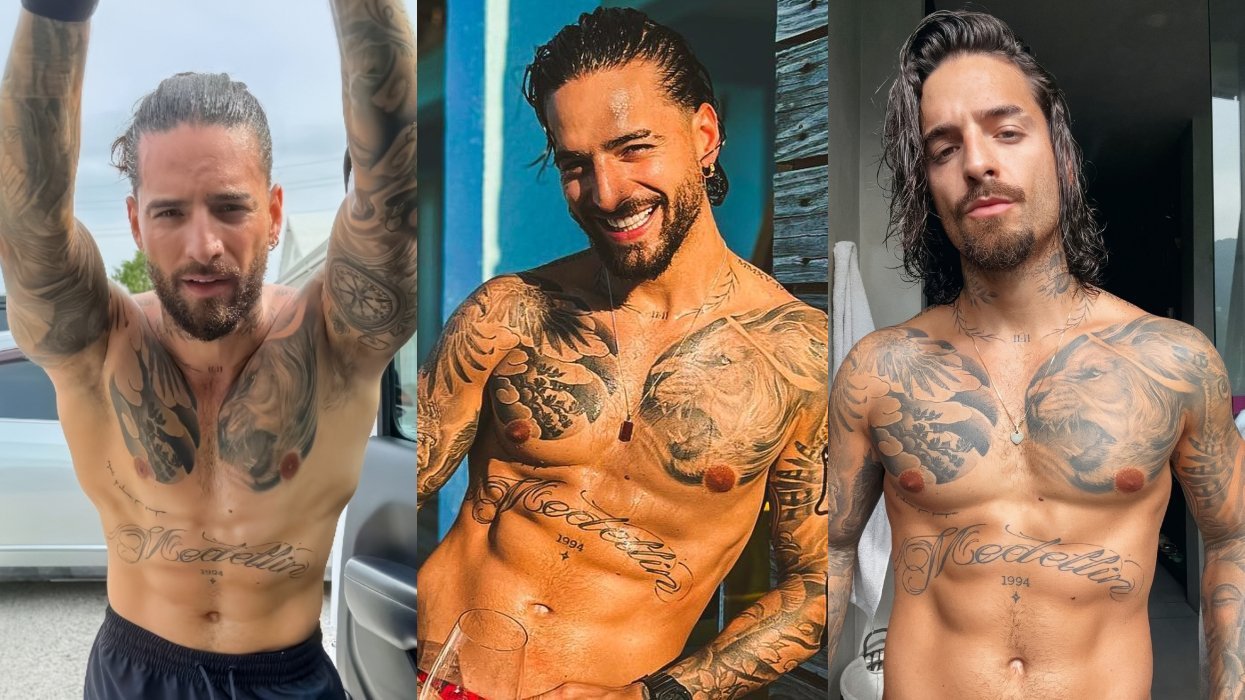


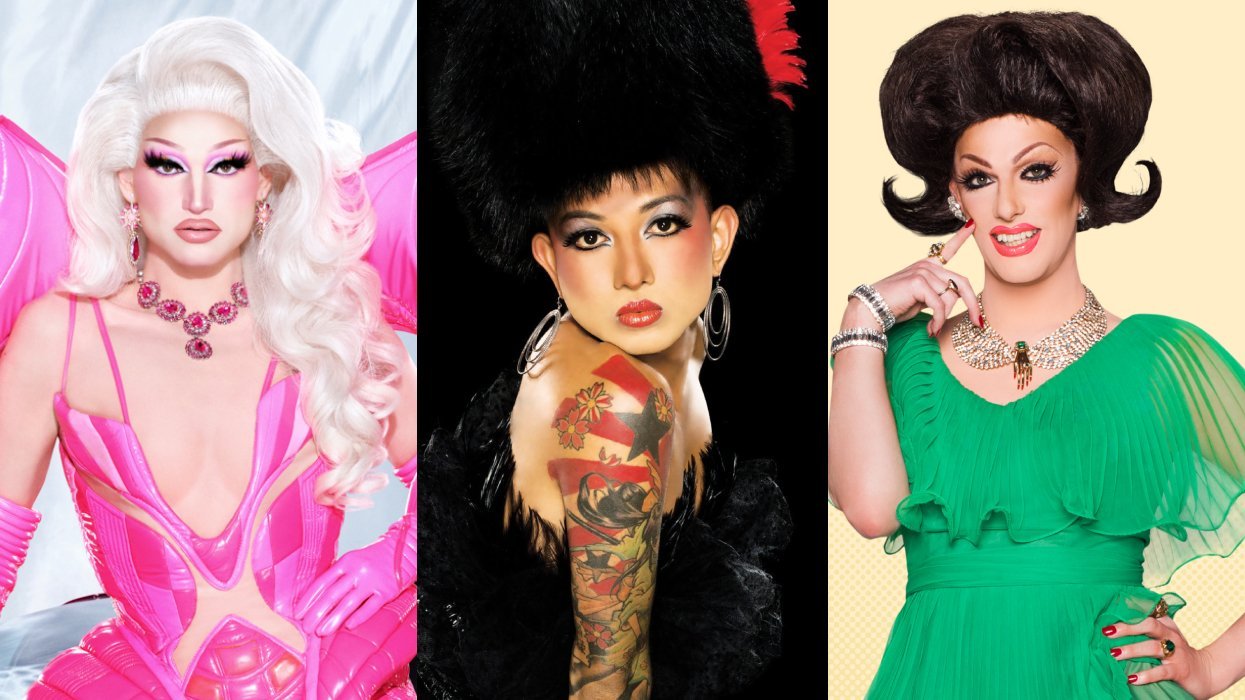


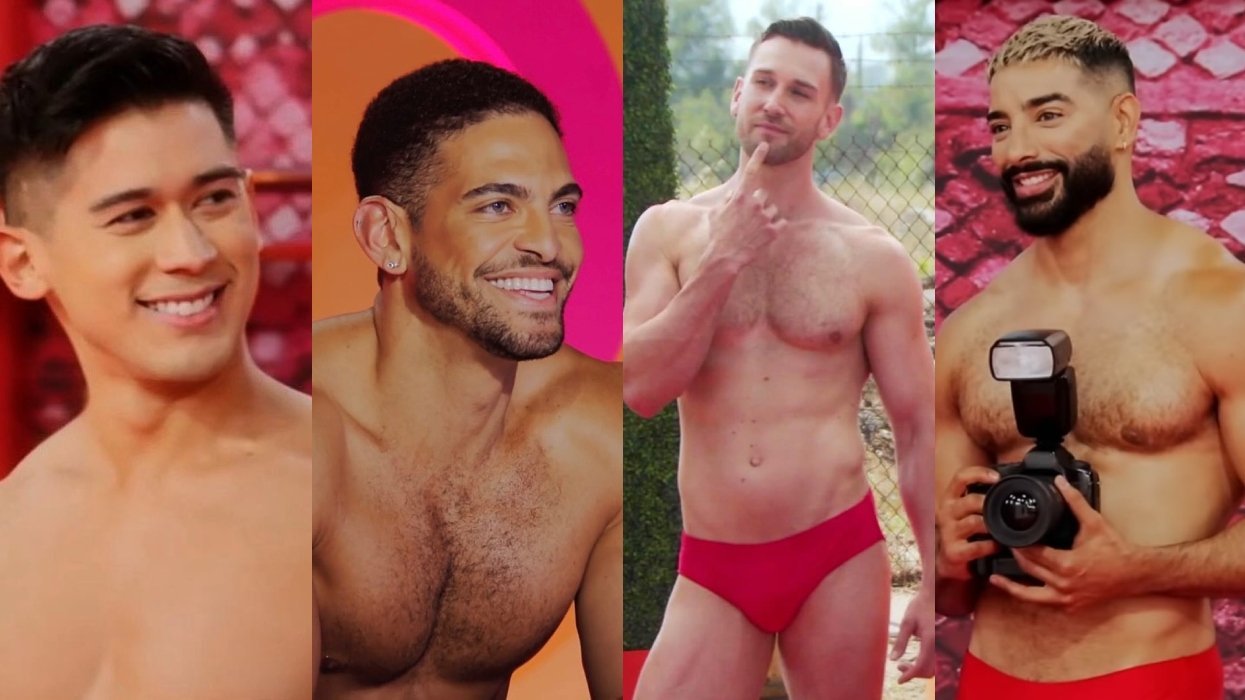

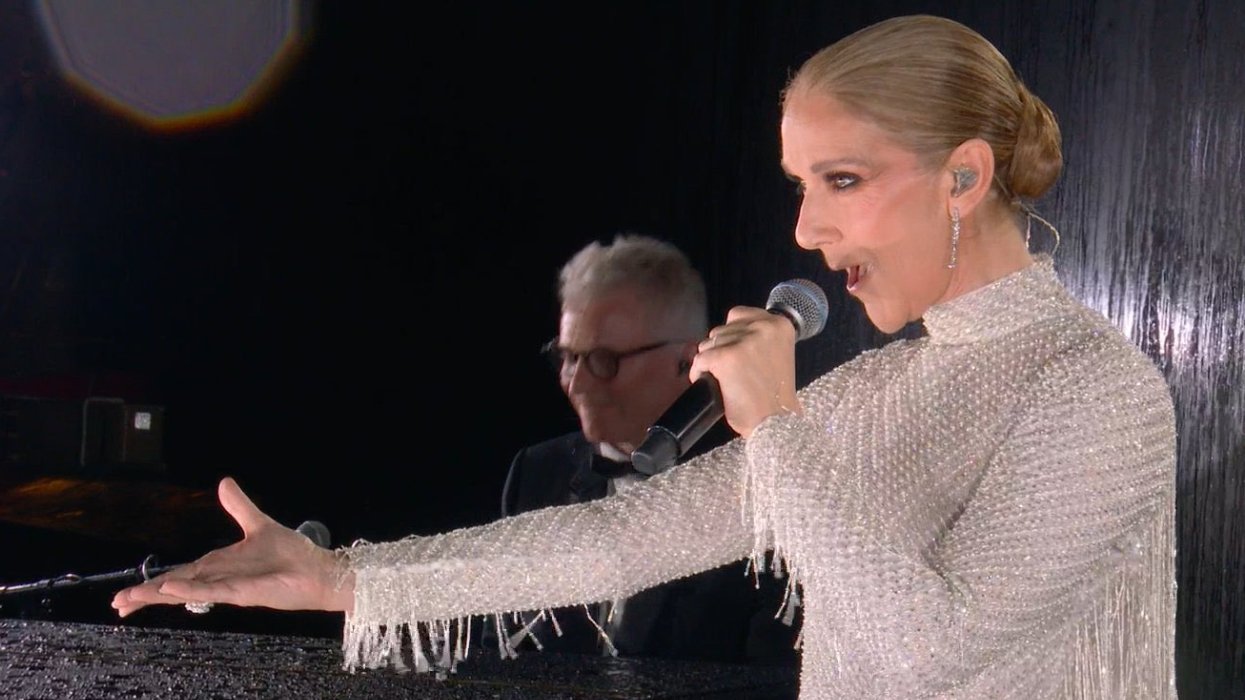


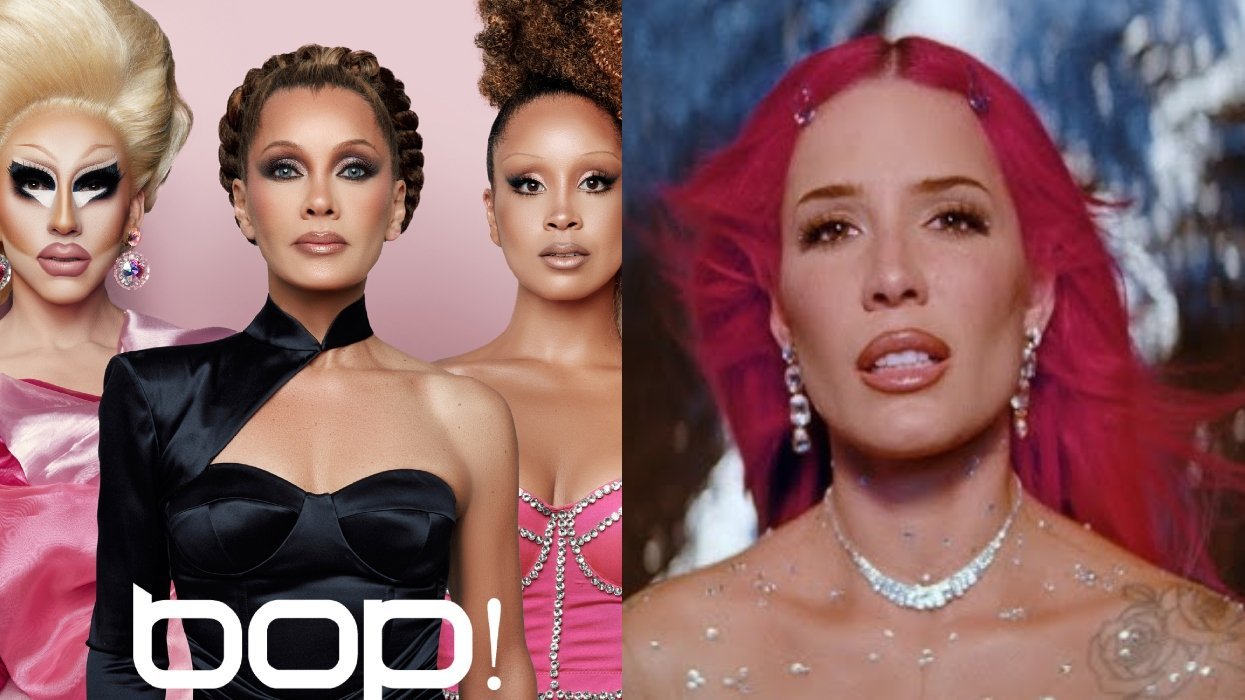


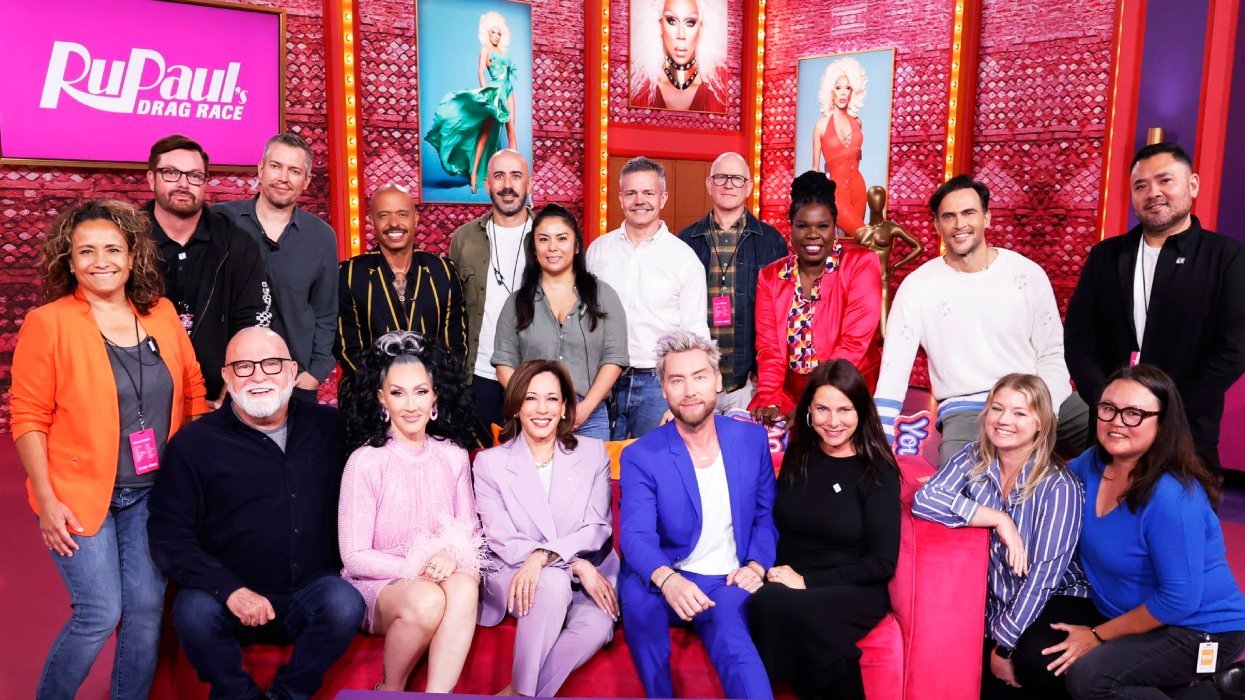

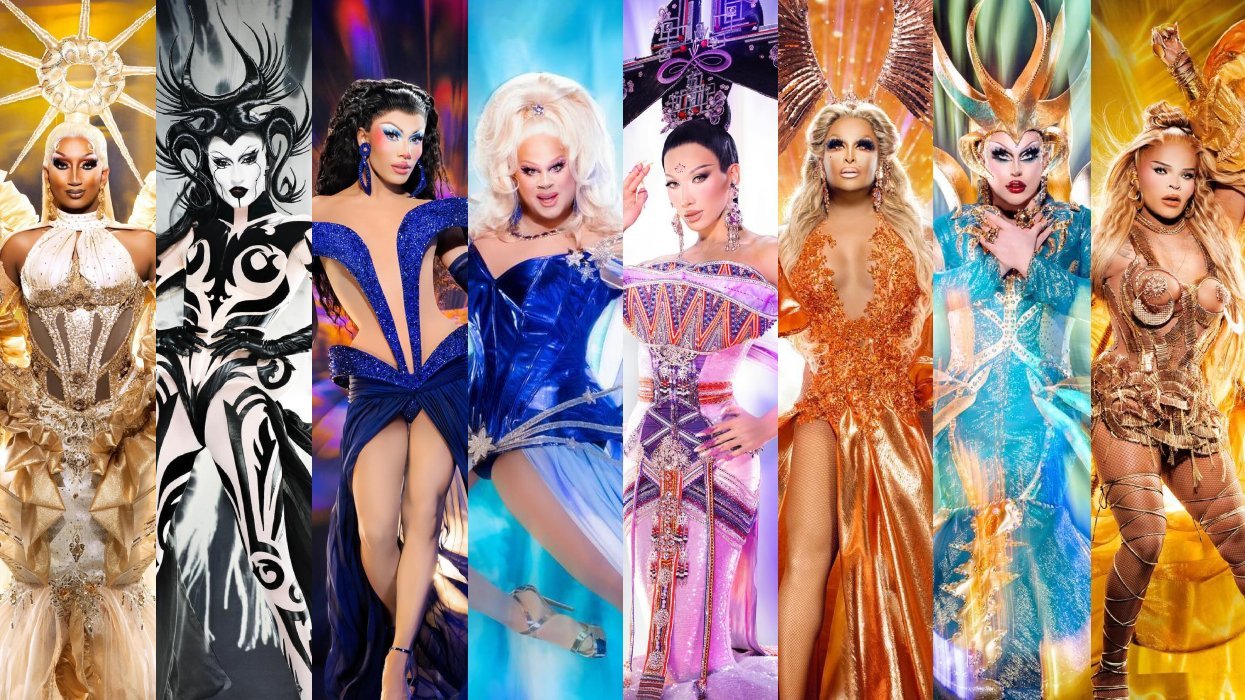


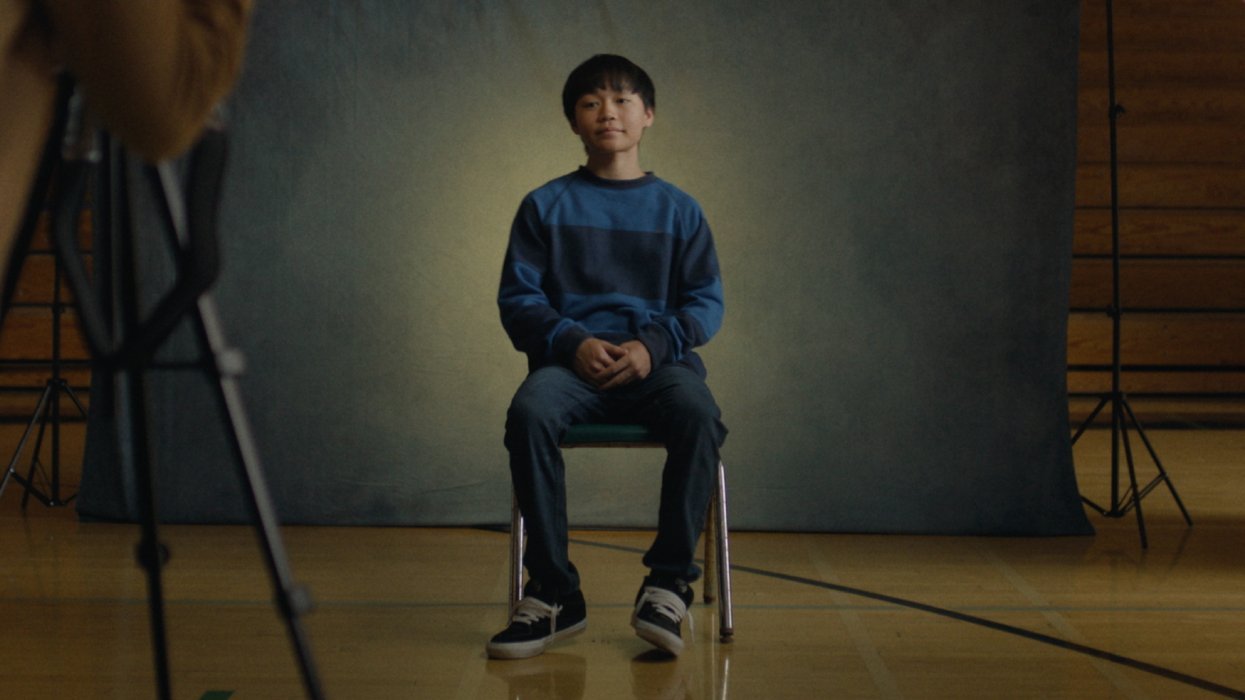

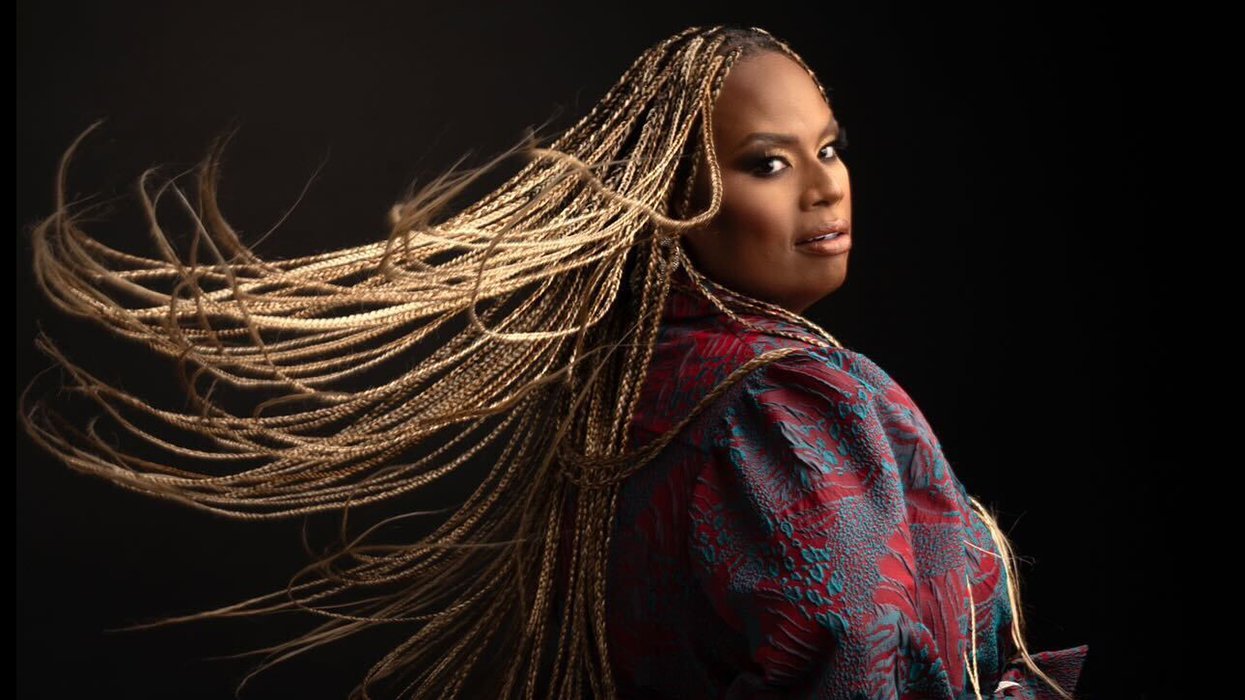
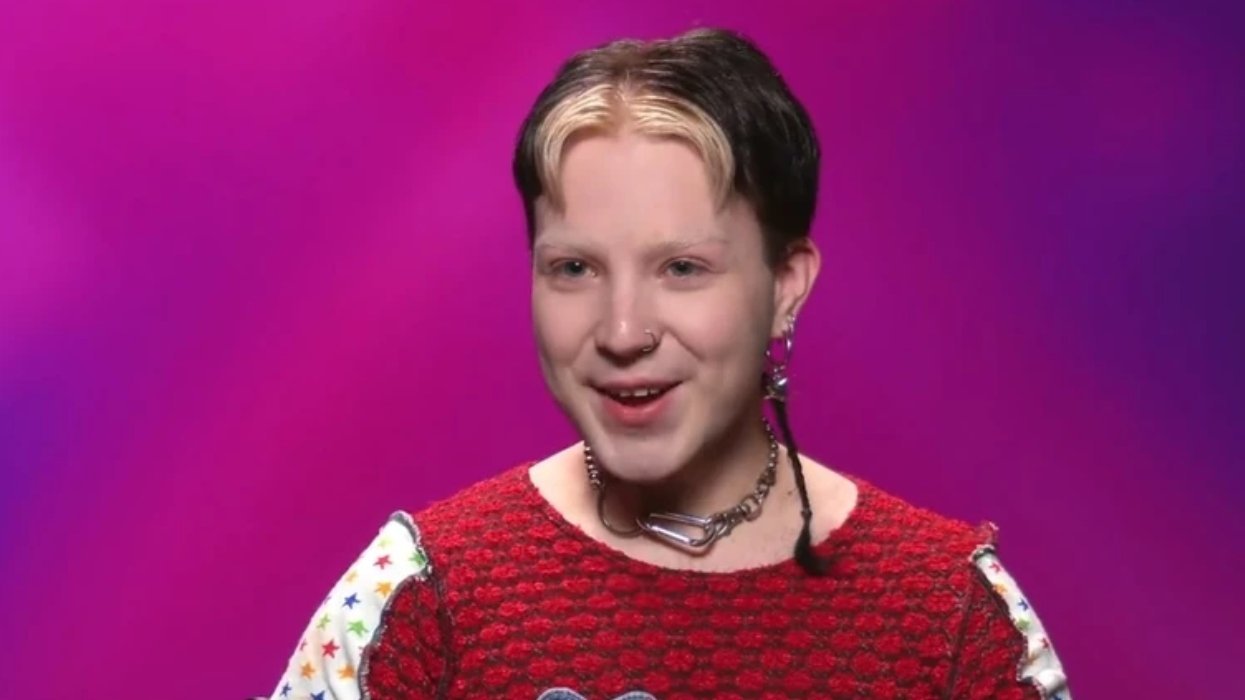
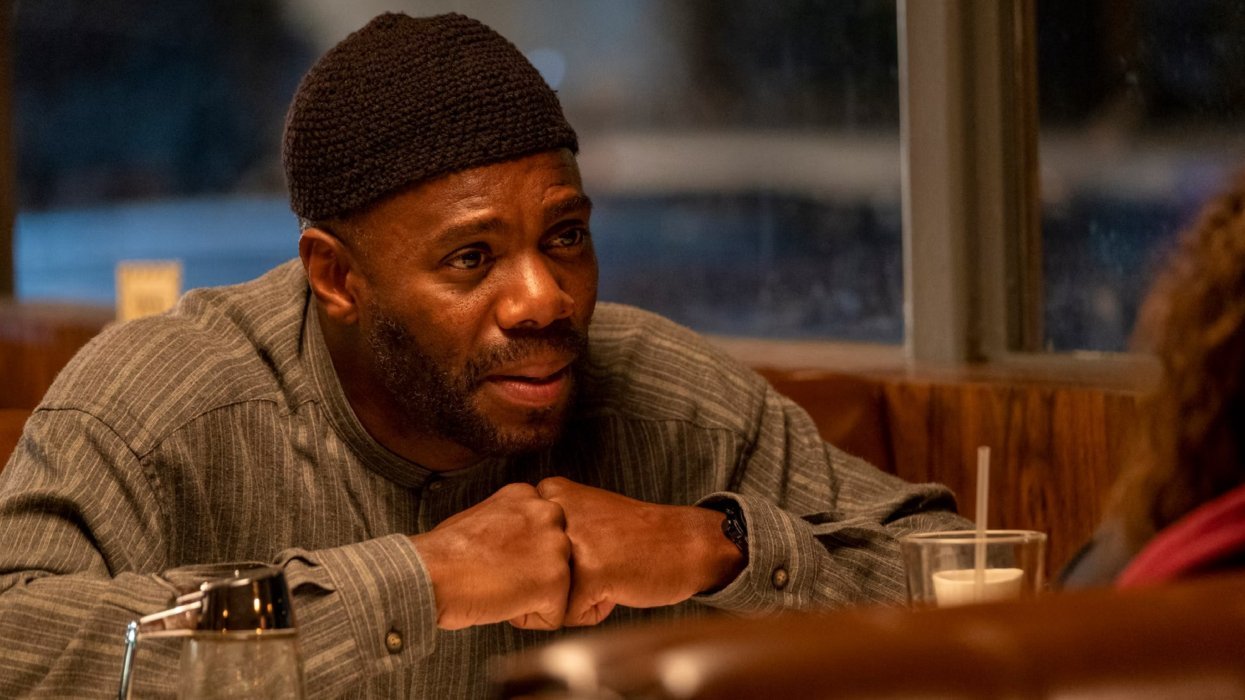
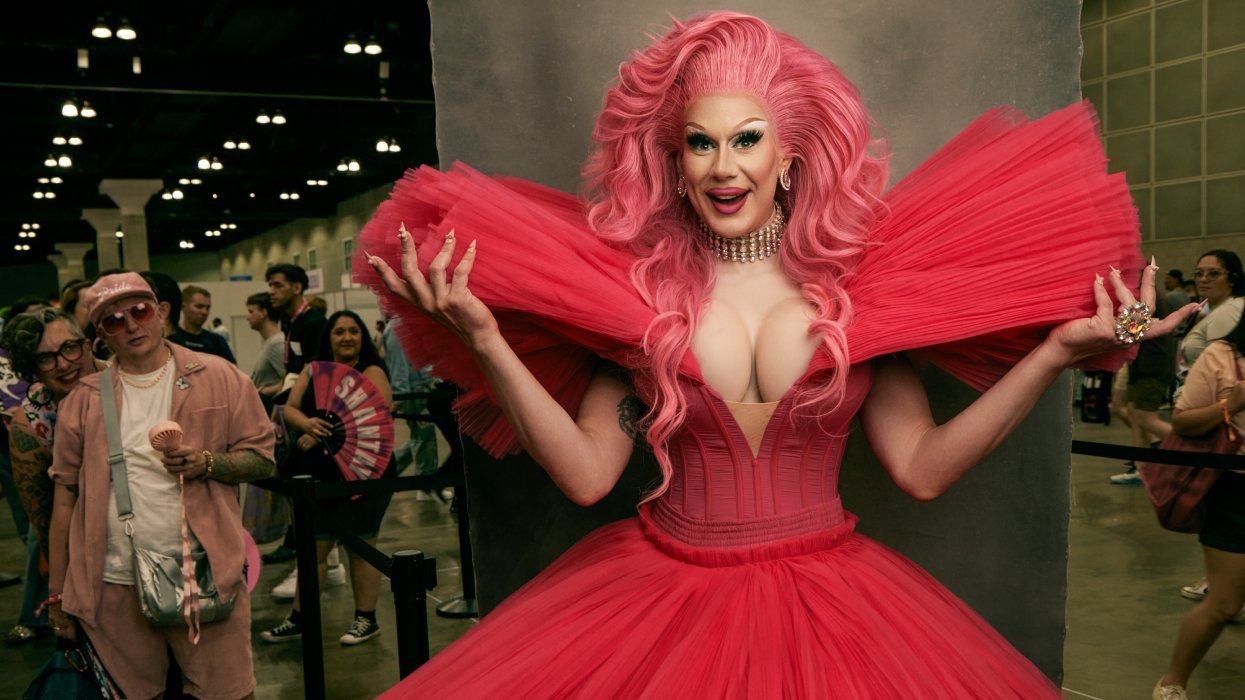

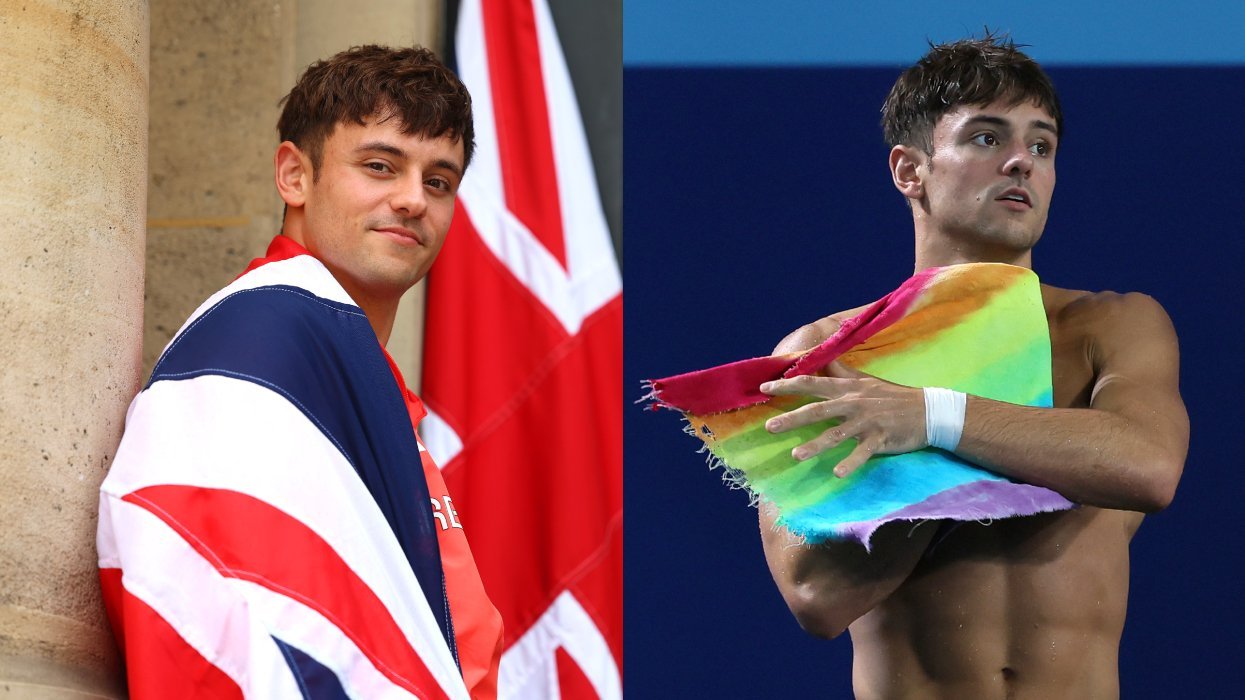





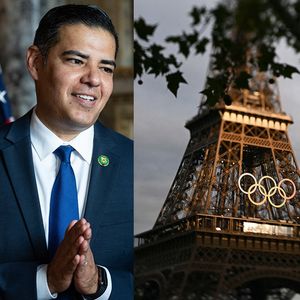






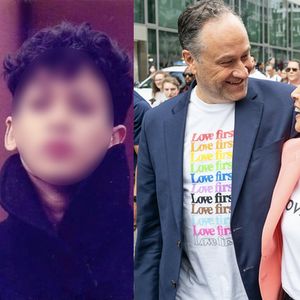




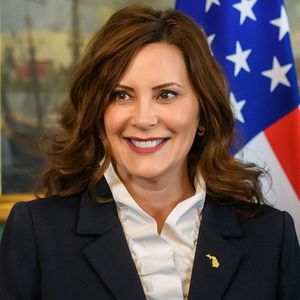



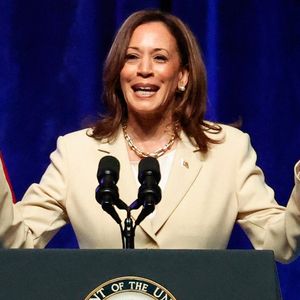






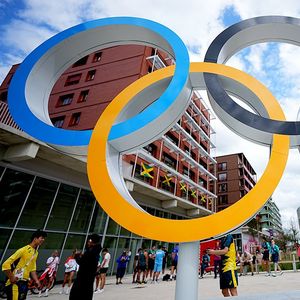
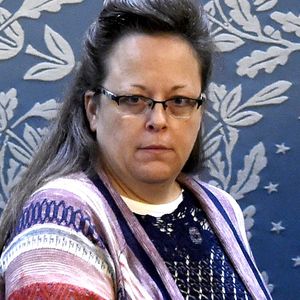


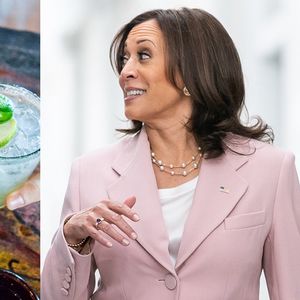






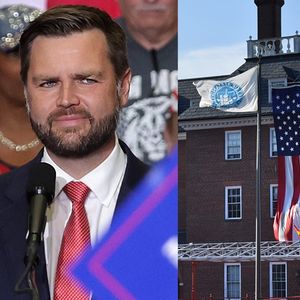


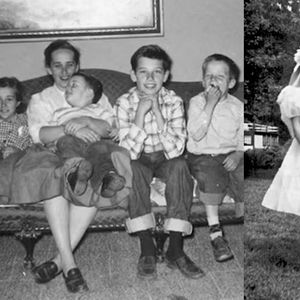




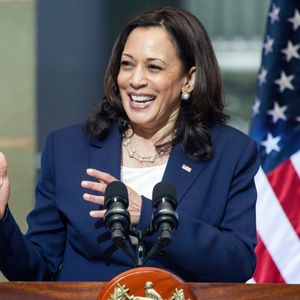

More LGBTQ+ Couples Want Kids Than Ever. Can They Afford It?
"[T]here are millions of LGBTQ+ people struggling to find a path to parenthood in the face of financial insecurity, legal complexity, and continued discrimination."